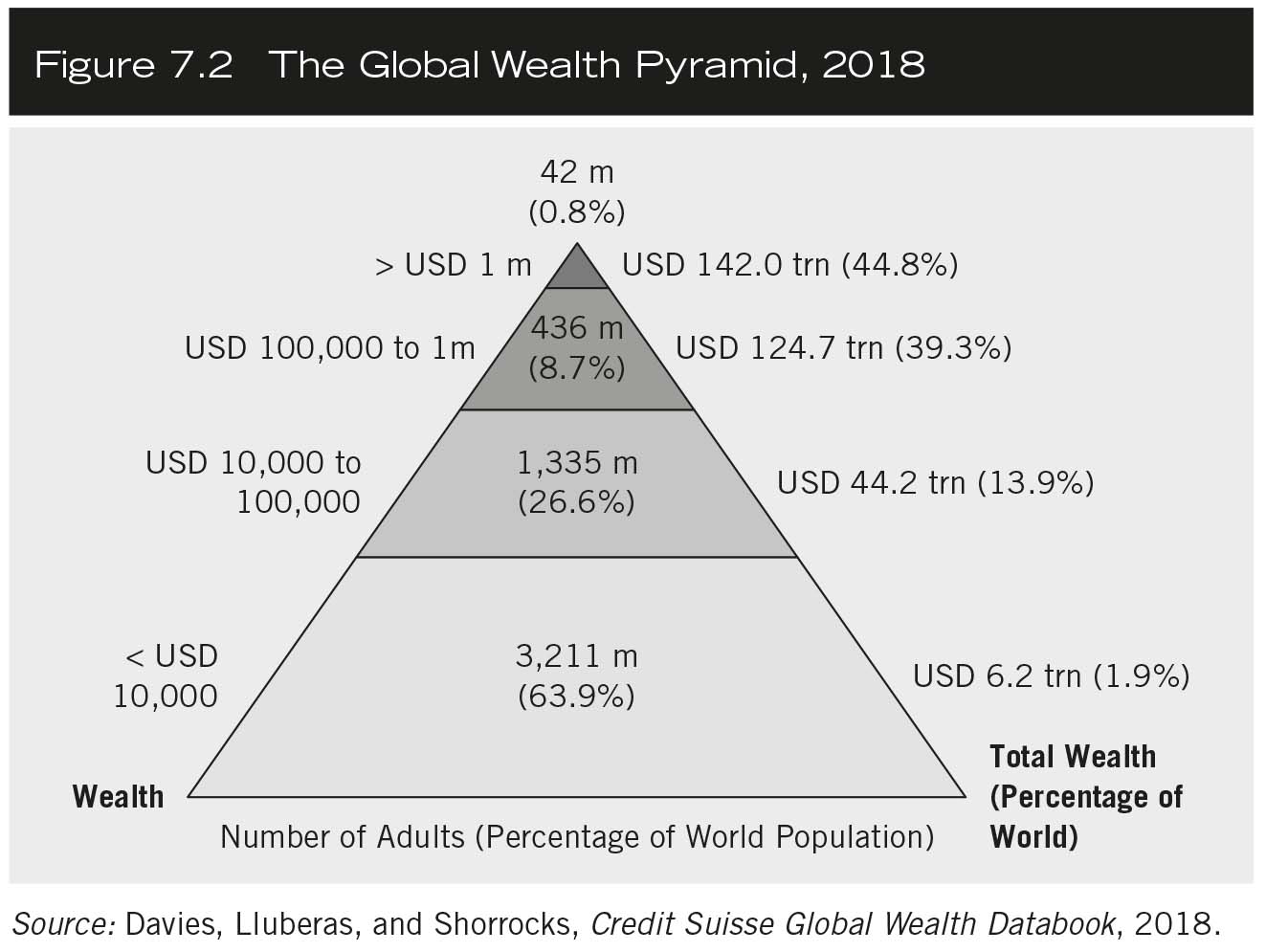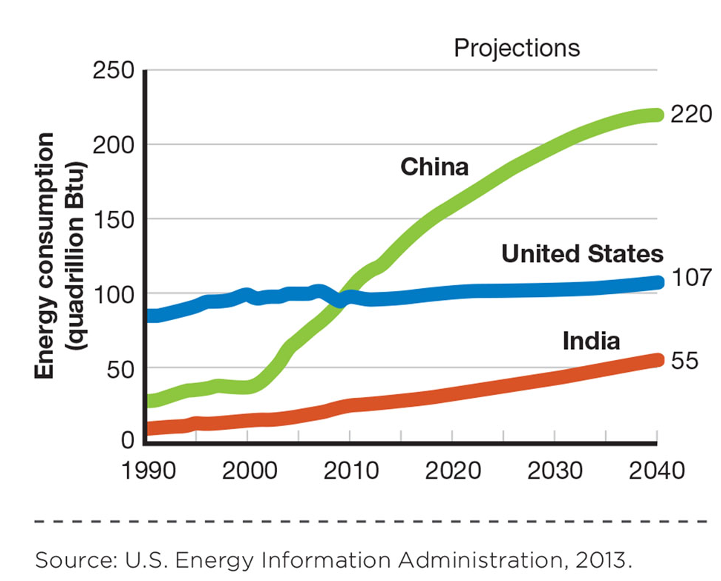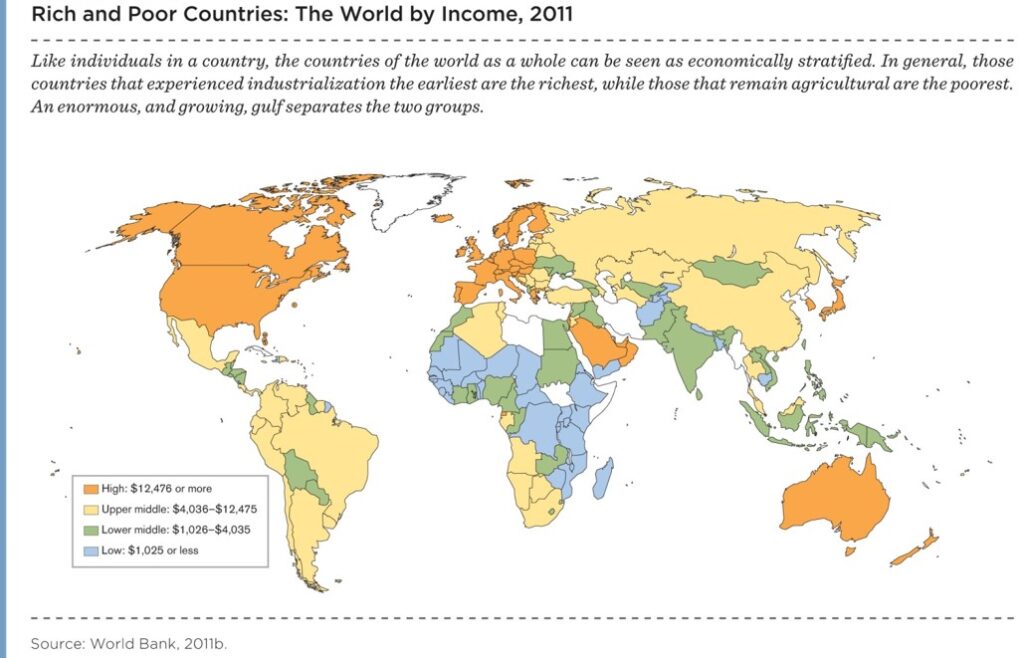Showcase of Research and Teaching
The following is a description of the selected courses I have taught in the past years.

Course Description:
This course provides a sociological introduction to the international political economy, focusing on a comparative and historical approach. It explores the interplay between global political economic dynamics and local outcomes, emphasizing power relations. Colonialism, development, globalization, and sustainability are analyzed as political projects to highlight their political dimensions. The course commences by investigating historical power dynamics that underlie the modern political economy and concludes by examining how these unequal relations have led to global socioecological crises. It particularly emphasizes the global South, using empirical examples and case materials.
This advanced introductory (300-level) course offers a sociological introduction to globalization and (in)justice in comparative and historical context. While this course utilizes some important theoretical traditions, it relies on empirical examples and case materials. After discussing diverse theories of globalization and global justice, the course then focuses on topics such as the globalization of risk, environmental crises, and social mobilization.


The course offers a sociological introduction to the causes and consequences of environmental crises we face today. The course largely takes a comparative and historical perspective. The course examines four central areas; therefore, it is divided into four parts: (1) the type, breadth, and consequences of environmental problems; (2) theoretical viewpoints on the causes and consequences of environmental problems; (3) environmental injustice and the human/social responses to environmental problems; and (4) alternative approaches for impending environmental crisis. Importantly, a central theme that is emphasized in this course is that the environmental issues we are facing now are also profoundly social justice issues.

Course Description:
This advanced undergraduate course (400-level) investigates the causes, consequences, and manifestations of poverty and development across the world. The course analyzes historical roots and prevailing scenarios of poverty and development in comparative perspectives, with special attention to the Global South, relying heavily on empirical examples and case materials, particularly but not only from South Asia (my place of origin).
This introductory sociological theory course is designed to explicate some key social theorists and their ideas. The course is broad in scope and largely centers on themes advanced by the three classical figures of sociology: Karl Marx, Max Weber, and Emile Durkheim. We will learn how their works, albeit differently, underscore and analyze the constitutional logic and the elements of modern society, leaving a commendable legacy in sociology. The first half of this course focuses on the intellectual roots, essential aspects of sociological theory, and theories of Marx, Weber, and Durkheim. The second half extends the theoretical canon to some neglected founders in sociology who incorporated race, gender, and non-Western contexts into their works: W.E.B. Du Bois, Rosa Luxemburg, and Charlotte Perkins Gilman, and Frantz Fanon. What follows is a critical introduction to a coming revolution in theory ushered in by a few contemporary thinkers. The course ends with a discussion of anticolonial thought, neoliberalism, etc., that underpins contemporary sociological theory.

The course critically examines the causes and consequences of social inequality across the world. After beginning with an introduction to fundamental concepts, the course brings key classical and contemporary approaches to social stratification, emphasizing issues related to social inequality in the age of neoliberal globalization. Then, the course moves toward discussing specific dimensions of social stratification, such as economic, social class, race and ethnicity, gender and sexual orientation, and global inequality. The course will help students develop a sociological understanding of social inequality and analytical and methodological competence to grasp issues related to stratification.
The key objective of this course is to introduce students to concepts, theories, and issues of local and global social movements. Questions that will be central in this course: Why do social movements occur? Who are the people who join the movement? How are movements organized? How far can movements be mobilized? And, how long do movements sustain, and why do movements decline? This advanced undergraduate course examines these questions via a range of examples, such as the civil rights movement, the feminist movement, and the gay/lesbian liberation movement, as well as movements contesting neoliberalism in the global South.